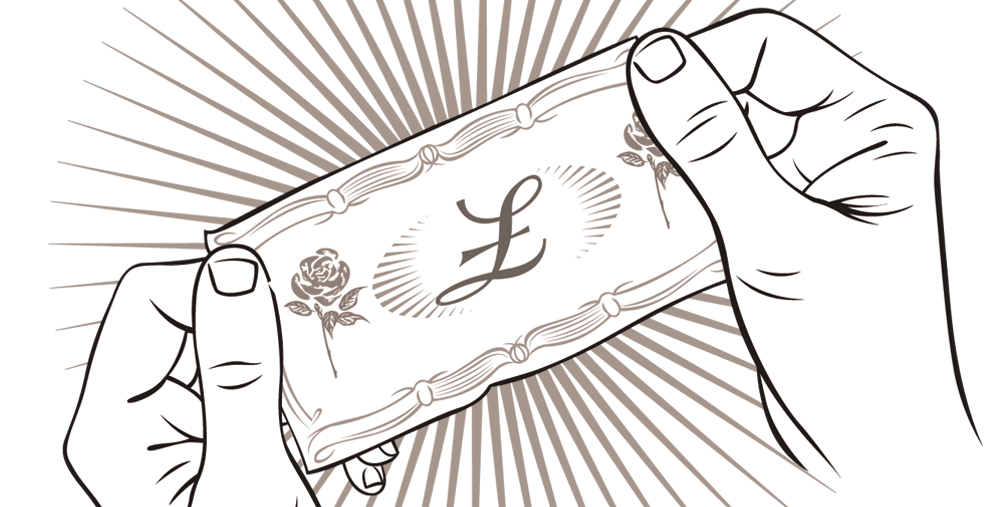Does Labour still have an economic credibility deficit?
Our economy is in a serious condition. We are in the second recession since 2008. Output remains well below levels experienced before the financial crisis. Living standards continue to fall. Spending by households has yet to recover and remains depressed....
Our economy is in a serious condition. We are in the second recession since 2008. Output remains well below levels experienced before the financial crisis. Living standards continue to fall. Spending by households has yet to recover and remains depressed. Indeed, we seem to be in a long-run depression, with low or no growth. The coalition has rapidly lost credibility as far as its economic policy is concerned.
The key question for Labour however, one year on since my Fabian pamphlet made the claim at Labour conference, is does Labour’s economic policy still have a credibility deficit? That Labour is struggling to lead in the opinion polls on economic management suggests it still does. Nick Clegg’s speech to this year’s Lib Dem conference highlighted how Labour is still vulnerable when he blamed Labour for high deficits and asked, “Are you ready to trust Labour with your money again?” We will no doubt hear similar statements from the Conservative conference.
The Credibility Deficit argued that Labour had to do a lot more to restore its economic credibility with both financial investors and voters. Both groups have concerns about the huge public sector deficit. The financial crisis was our 1992 moment, when the pound was ejected from the European Exchange Rate Mechanism and Tory economic credibility was lost. Since the crisis, investors have been watching to see if spending growth – and therefore the annual public deficit – can be lowered. Labour’s hard-won reputation for fiscal prudence was undermined before the crisis and needs to be rebuilt. Voters who have seen living standards eroded over many years are also concerned about spending. They need to be convinced that Labour has something to say to them about their circumstances and that it will ensure spending is controlled and effective. People supported investment in public services but now wonder about what return they are getting, while the income they have left to spend after food and fuel costs has been falling for years.
The temptation for Labour will be to dust down the 1997 election plan and pledge to follow whatever spending plans the coalition commits to. That will not be sufficient this time around. Labour needs an effective guarantee about future extra spending. It should pledge to rigorously test how people’s money is spent with independent verification, by the National Audit Office for example, required before spending can continue
Labour has made gains in this area over the past year. It is not planning to wind back the clock on all the spending cuts the government will have made. Yet it still needs a stronger message on spending. Shadow cabinet members need to keep talking about the need for effective spending and value for money. This is a progressive argument and Labour should make it.
However, Labour also needs to be credible on growth as well as on the deficit. That, The Credibility Deficit argued, means a focus on investment and a challenge to the way our economy works. On this front, Labour has made real progress. Many measures advocated in the pamphlet look like becoming party policy. Though we have yet to see a full jobs guarantee, Labour is taking a harder line on executive pay and a timely debate about responsible capitalism has started.
Particularly welcome is the enthusiasm about establishing a national investment bank, a major policy recommendation in The Credibility Deficit. This is a good way for the state to work with the market to help renew the economy by encouraging private sector investment. However, Labour remains unclear about what such an investment bank would be for and what it would do. Will it sit behind bank loans, helping businesses, as I believe it should, or will it try to channel money to infrastructure projects? The latter is more risky and less flexible. The government too plans a small business bank, but with little idea what it will look like or whether it will actually qualify as a bank.
The next election will need to be fought on the theme of investment. That will include both investment for growth and investment in people. The central macroeconomic case must be relevant to households throughout the country. The arguments about how we get growth need to link to what that means for us and our families. This is not simply because that will help win more votes. It is because the economic crisis we face is long-term. It cannot be solved by short-term measures such as temporary tax cuts or a little bit more investment.
The crisis is really one of faith: faith in future prosperity and security is at a low ebb. That is holding back growth. To rebuild economic confidence, government has to convince people it is committed to maintaining a high level of investment in education and infrastructure, with work guaranteed, for years to come. Ed Miliband and Ed Balls need to express a spirit of optimism about the future. Together with a commitment to effective spending, this is what Labour should focus on as it fights to win the battle of economic credibility.
